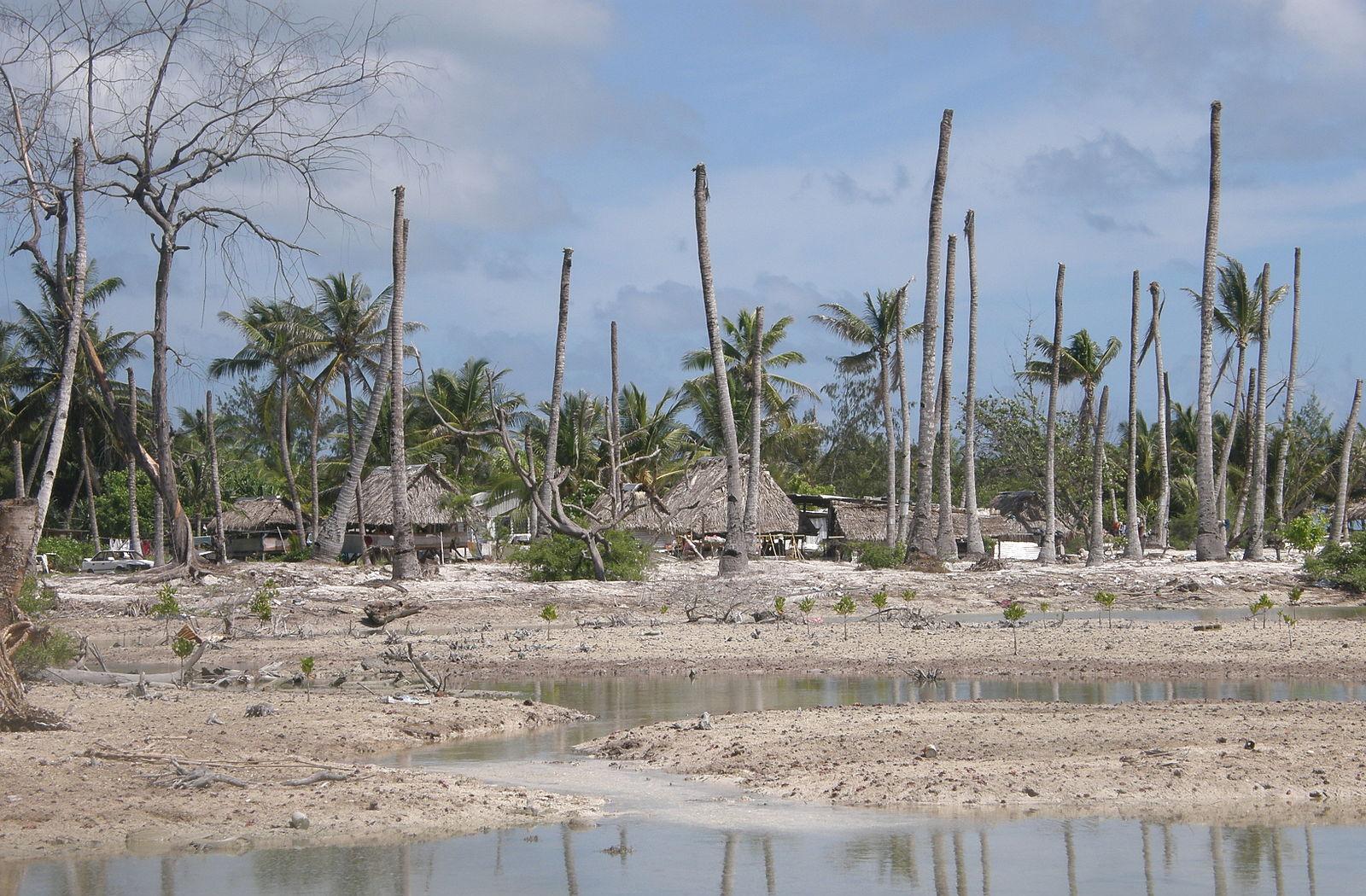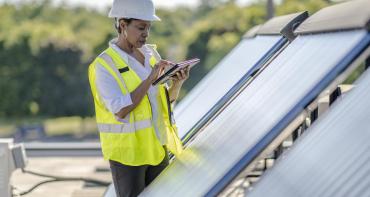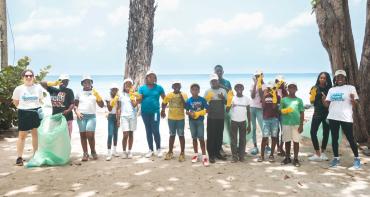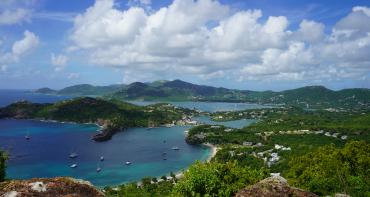The Commonwealth Secretariat and the US-based Stimson Center have embarked on a new phase of their groundbreaking project, which aims to identify climate vulnerability and risks in coastal communities through the use of a new rapid assessment protocol.

Initially piloted in Sri Lanka, Barbados and Kiribati, this is now being extended to two additional Commonwealth countries, Dominica and Mauritius, reflecting commitments made by all 56 member nations under the Commonwealth Blue Charter.
Building upon the success of the previous phase, this project is supported by the Ocean Risk and Resilience Action Alliance (ORRAA), of which the Commonwealth Secretariat is an Institutional Partner, and is undertaken with financial support of the Government of Canada through the federal Department of Environment and Climate Change. This renewed backing underscores ORRAA’s global commitment to address ocean-related risks and enhance resilience in vulnerable coastal regions.
The primary objective of the revised Phase 2 is to enhance decision-making processes and promote climate-smart investments by providing an integrated understanding of the financial, political, and ecological risks associated with climate change in small island countries and coastal cities.
Heidi Prislan, Blue Charter Adviser at the Commonwealth Secretariat, said,
“As we embark on phase two of the Rapid Assessment Protocol, the Secretariat is deeply motivated to build upon the insights gained from the first phase. We are dedicated to empowering Commonwealth Small Island Developing States (SIDS) by establishing the necessary foundations and frameworks to effectively combat the multifaceted impacts of climate change. This programme exemplifies our resolve to safeguard our vulnerable coastal communities and create a sustainable and resilient future for all.”
The partnership aims to empower participating countries at the forefront of the climate crisis to assess and address their immediate and long-term vulnerabilities effectively. Through targeted actions and strategic investments, these countries can develop locally relevant solutions to tackle the challenges they face.
While a comprehensive ocean and climate risk assessment under the Stimson Center’s Coastal Resilience Vulnerability Index (CORVI) framework traditionally requires 12 to 18 months, the rapid assessment process will expedite the delivery of preliminary risk profiles within just six months. These initial findings can be further refined through dedicated projects and initiatives, including conducting a full CORVI assessment, enabling a more comprehensive understanding of climate risks.
Officials in Dominica and Mauritius are fully engaged in the rapid assessment and will be able to use the results to determine next steps required to advance climate-smart policies and build resilience in their coastal communities, taking into account other work that has also been undertaken in their countries.
The continued collaboration between the Commonwealth Secretariat, the Stimson Center and ORRAA contributes a significant stride toward addressing the pressing climate challenges faced by coastal communities in Commonwealth member countries. The initiative cuts across several action areas identified under the Commonwealth Blue Charter – an agreement by 56 countries to work collaboratively together to protect the ocean and manage marine resources sustainably.
By harnessing the power of this rapid assessment protocol, the project aims to build upon the successes and the lessons learned of the first phase, enabling effective decision-making and targeted actions that will further enhance resilience and secure a sustainable future for climate-vulnerable nations.
Photo Credit: Impacts of coastal erosion and drought in Tarawa, Kiribati. Government of Kiribati
Media contact
-
Josephine Latu-Sanft Senior Communications Officer, Media and Public Affairs, Commonwealth Secretariat
- +44 20 7747 6476 | E-mail



